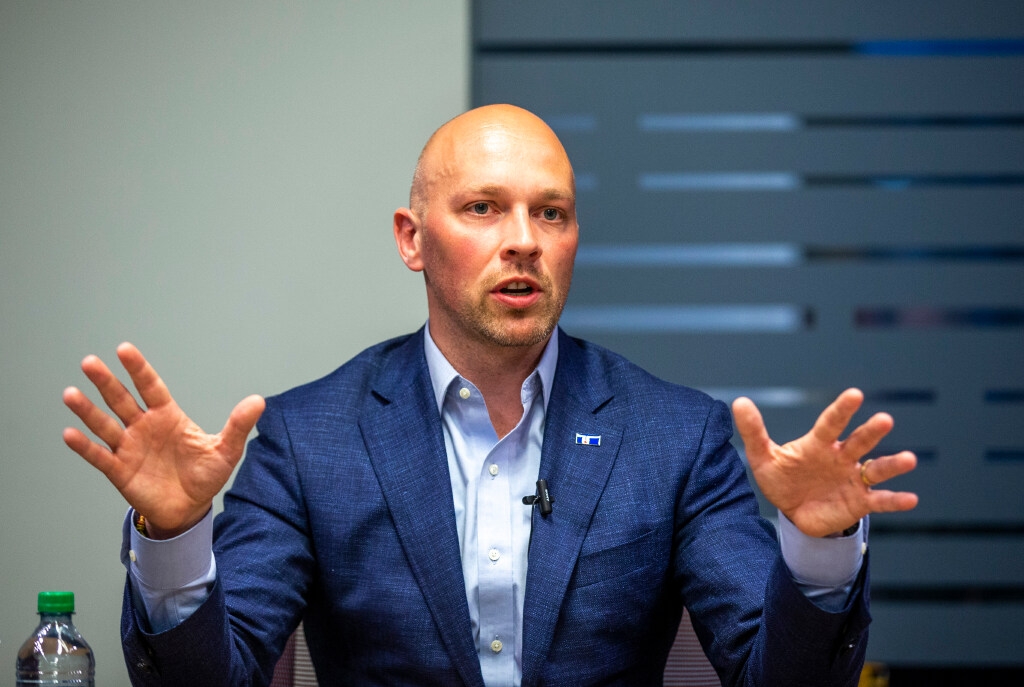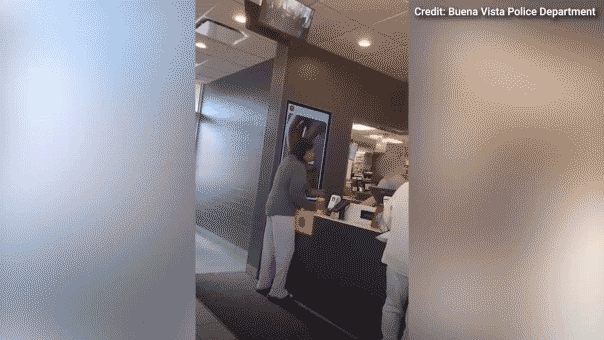A chilling shadow continues to fall over the University of Idaho community, nearly three years after the brutal murders of Kaylee Goncalves, Madison Mogen, Xana Kernodle, and Ethan Chapin. Bryan Kohberger, the man convicted of their horrific deaths, has become the unlikely recipient of a surprising influx of funds while incarcerated, sparking a fierce legal battle over where that money should ultimately go.
Court records reveal Kohberger’s prison account has swelled into the ‘five figures’ through donations received during his nearly three years in custody. The source of these funds remains shrouded in mystery, details sealed by the courts, but questions are mounting about the motivations behind such generosity. While his lawyer claims the money primarily comes from family supporting communication, the relatively low cost of jail correspondence raises doubts about the scale of the donations.
Kohberger himself opted to skip a recent court hearing, remaining within the walls of Idaho’s Maximum Security Prison where he is serving a life sentence without parole. The session, held just before the grim anniversary of the killings, marked the first significant development since his guilty plea and sentencing in July. He avoided the death penalty by accepting the plea, but was ordered to pay substantial fines and restitution to the victims’ families.

Initially, prosecutors sought additional funds to cover travel and accommodation expenses for the grieving families. However, a miscommunication led to the assumption that the state’s victim compensation fund would cover these costs – an assumption proven incorrect. While the request for travel funds was dropped, the pursuit of repayment for the victims’ urns continues.
The remaining $3,075.58 for the urns has been contested by Kohberger’s defense, who argue he has no income and cannot afford further payments. Prosecutors vehemently disagree, pointing to the ongoing donations as evidence of available funds. They are now pushing for a court order ensuring any future profits from potential books, films, or interviews about the case are directed to the families, offering a measure of financial relief in the wake of unimaginable loss.
Kohberger’s lawyer dismissed the idea of any media deals as pure speculation, citing Idaho’s law preventing criminals from profiting from their crimes. However, the judge suggested the law’s interpretation is not definitive, hinting that funds could still flow to Kohberger or his family if debts to the victims remain unpaid. The legal debate underscores the complex ethical questions surrounding profiting from tragedy.

The case began with a horrific intrusion into a quiet off-campus home in Moscow, Idaho. Kohberger, then a criminology student, brutally stabbed Goncalves, Mogen, Kernodle, and Chapin, leaving two other roommates to survive and bear witness to the unimaginable. He was apprehended weeks later at his parents’ home in Pennsylvania, a ten-minute drive from the crime scene in Pullman, Washington.
A crucial piece of evidence linked Kohberger to the murders: a brown leather Ka-Bar knife sheath discovered at the scene. DNA analysis confirmed a match to Kohberger, who had purchased both the sheath and the suspected murder weapon online months prior. The knife itself remains missing, a haunting reminder of the violence that unfolded. Throughout the legal proceedings, Kohberger remained silent, offering no explanation for his actions.
Since his transfer to maximum security, Kohberger has reportedly filed complaints about his fellow inmates, adding another layer to the ongoing saga. As the legal battles continue, the families of the victims await a final ruling on whether Kohberger’s funds – both present and future – will be used to help them rebuild their lives shattered by his senseless act of violence. The question of justice, it seems, extends beyond the courtroom.







